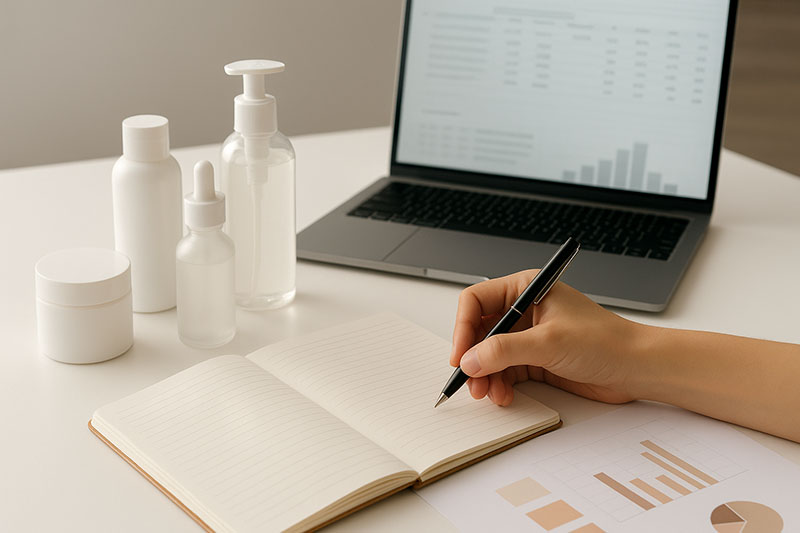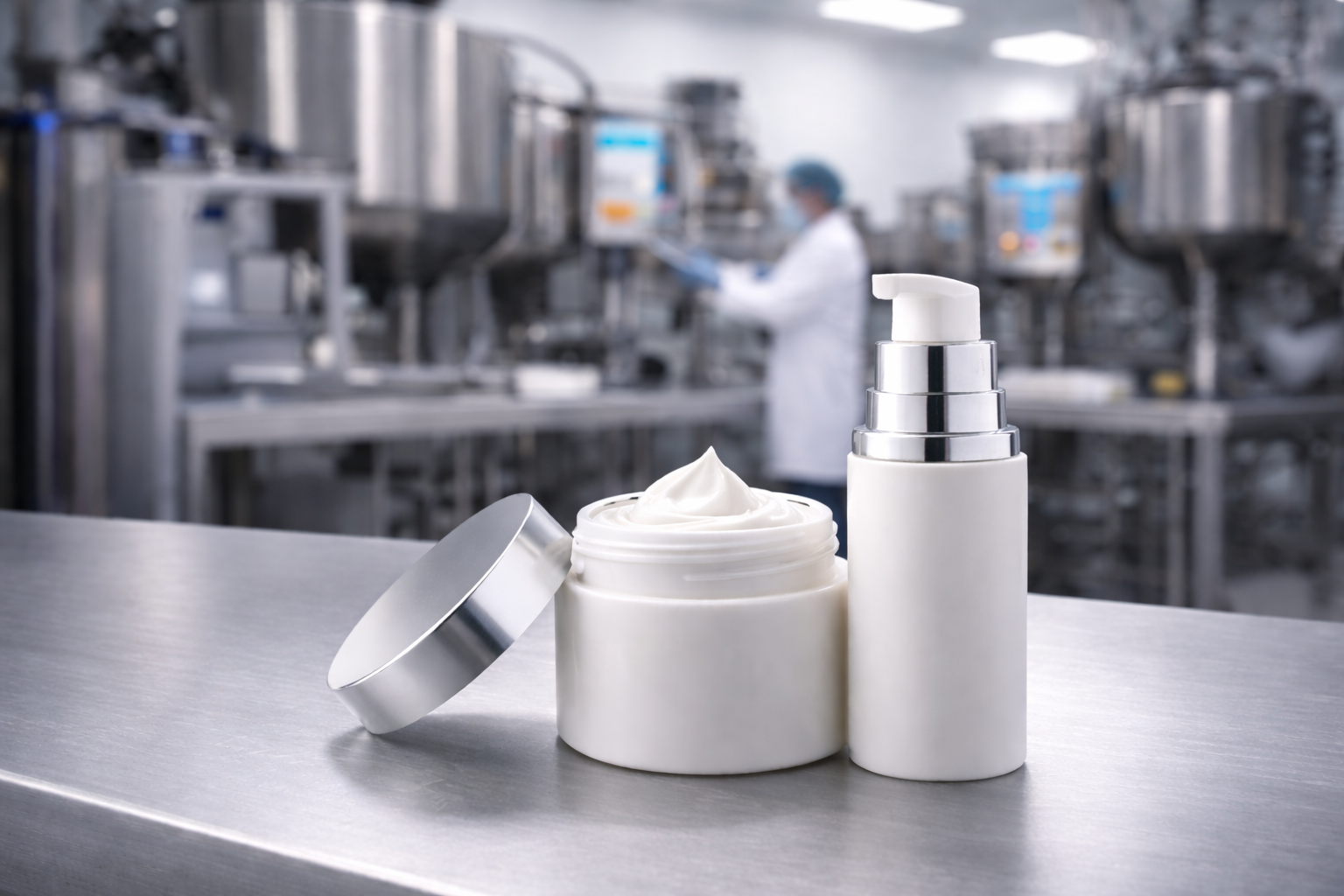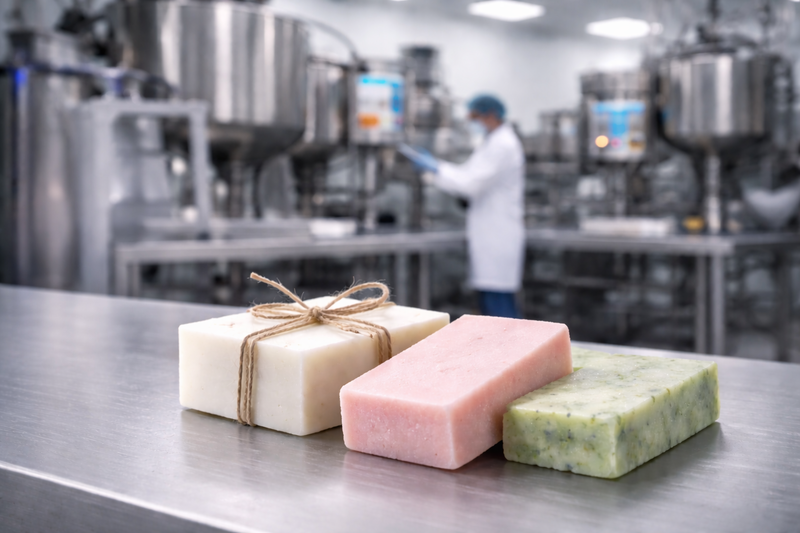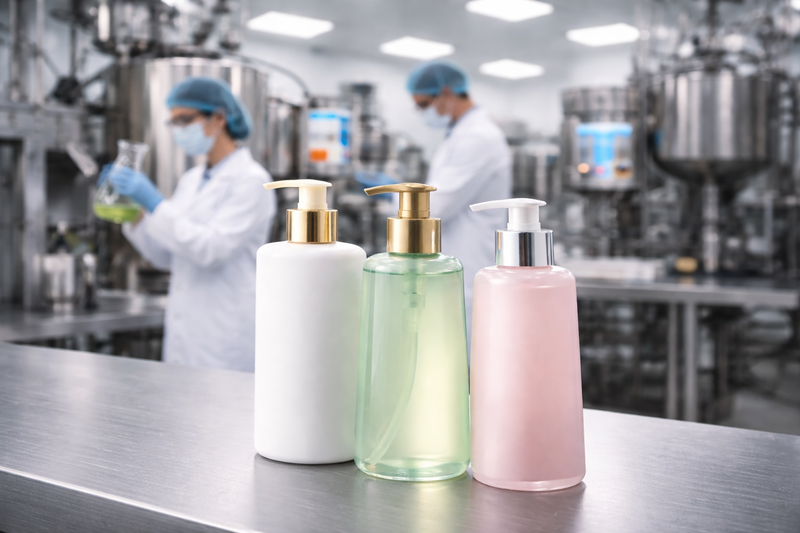How Much Budget You Need to Start a Skincare Brand

Launching your own skincare product line can be one of the most exciting and profitable business ventures in the beauty industry. The global skincare market continues to grow year after year, driven by rising consumer awareness, social media influence, and demand for high-quality, science-backed, environmentally conscious products. But before you dive into formulations and packaging ideas, one essential question needs to be answered:
How much budget do you actually need to create a skincare brand from scratch?
Whether you’re planning to launch a niche natural brand, a performance-based clinical line, or a trendy private-label collection, your startup cost can range widely—typically from $10,000 on the leanest end to well over $100,000 depending on product type, formulas, packaging, marketing, and sales channels.
In this article, we break down every major cost category in detail, help you compare different business models, and provide realistic budgeting examples so you can plan your investment strategically.
1. Understanding Different Skincare Business Models and Their Cost Levels
Not all skincare brands start the same way. Your business model will significantly affect your budget.
1.1 Private Label (Lowest Budget Starting Point)
Private label means choosing ready-made formulas offered by a manufacturer and adding your own branding.
Typical Startup Budget: $10,000–$30,000
Pros:
No R&D cost
Faster to launch
Lower MOQ (Minimum Order Quantity)
More affordable upfront
Cons:
Limited formula uniqueness
Shared formulas with other brands
Less control over ingredient innovation
This model is ideal for influencers, salons, spas, and new entrepreneurs wanting a quick, budget-friendly entry.
1.2 Customized Formula / Contract Manufacturing (Mid to High Budget)
Completely unique formulas developed from scratch.
Typical Startup Budget: $30,000–$150,000+
Pros:
100% unique product
Full control over ingredients and performance
Higher retail margin and strong brand identity
Cons:
R&D costs
Higher MOQ
Longer time to market
This is best for entrepreneurs with a clear scientific or brand-driven vision.
1.3 Hybrid Model (Mid Budget)
Choosing some private-label products and creating one or two custom formulas.
Typical Budget: $20,000–$60,000
This gives a balanced approach: faster initial launch plus signature “hero” products.
2. Full Cost Breakdown: What You Actually Need to Budget For
Below is a detailed breakdown of the major expense categories when building a skincare brand.
2.1 Product Development Costs
A. Private Label Development Costs
If using private-label formulas, your cost may include:
Sample testing: $50–$300
Label design: $100–$600
Packaging customization: $500–$2,000
First production order (depending on MOQ): $3,000–$15,000
Private-label estimated total: $5,000–$20,000
B. Custom Formula Development Costs
If you want completely new formulas, R&D is the biggest factor.
Typical R&D fees:
Basic formula: $800–$2,000 per SKU
Advanced or clinical formula: $2,000–$10,000 per SKU
Stability and micro testing: $500–$2,500 per SKU
Safety assessment reports / toxicology: $300–$2,000
If you are developing a full set (e.g., cleanser, toner, serum, cream), R&D alone can cost $5,000–$40,000.
Custom-formula estimated total: $10,000–$50,000 before production
2.2 Manufacturing Costs (MOQ, Ingredients, and Packaging)
MOQ (Minimum Order Quantity)
Typical skincare MOQs:
Private label: 100–500 units per product
Custom manufacturing: 1,000–5,000 units per product
Cost per unit varies depending on the product type
Examples:
Cleanser: $2–$5/unit
Toner: $1.5–$4/unit
Serum (higher actives): $3–$10/unit
Cream/lotion: $2–$6/unit
Sunscreen: $5–$15/unit (advanced testing required)
If you produce 500–1,000 units per product, your first production cost could range from:
Private label: $3,000–$15,000+
Custom formula: $10,000–$50,000+
2.3 Packaging, Labeling, and Design Costs
Packaging is surprisingly one of the most expensive parts of a skincare brand.
Primary Packaging
(Bottles, jars, tubes)
Standard packaging: $0.30–$1.00 per unit
Premium packaging: $1–$3 per unit
Custom molds: $3,000–$20,000 for tooling
Secondary Packaging (boxes, cartons)
Standard paper box: $0.20–$0.80 per unit
Premium laminated boxes: $0.50–$1.50 per unit
Design Costs
Brand logo: $100–$500
Full packaging design: $300–$1,500
Brand visual identity package: $500–$3,000
Packaging total: $2,000–$10,000 depending on style and quantity.
2.4 Branding and Website Costs
Your brand image matters—a lot.
Branding development
Basic branding: $500–$1,500
Professional branding: $2,000–$8,000
Website
DIY Shopify site: $30–$100/month
Premium Shopify theme: $200–$400
Professional website build: $1,000–$6,000
If you plan to sell international, consider:
Payment gateway setup
Shipping integrations
Product photography session ($300–$1,500)
Brand + website combined: $1,500–$10,000
2.5 Regulatory, Testing, and Compliance Costs
Depending on your target market, compliance costs vary.
United States
FDA registration: Free (but products must follow labeling rules)
Stability/micro testing: $500–$2,500 per product
USP/ISO lab tests (optional): $300–$1,500
EU / UK
Product Safety Report (CPSR): $300–$1,000 per SKU
EU responsible person service: $200–$1,000/year
CPNP notification: Free but must be correctly filed
Middle East / Asia
Some countries require pre-approval and testing.
Budget $200–$1,000 per SKU depending on the region.
Compliance total: $1,000–$10,000 depending on market and number of SKUs.
2.6 Marketing and Launch Budget
Even the best product cannot succeed without proper marketing.
Typical launch expenses:
Social media content creation: $500–$2,000
Influencer seeding: $500–$3,000
Paid advertising (Meta/TikTok/Google): $1,000–$10,000
PR package design and shipping: $200–$1,000
Marketing is ongoing, so it’s smart to prepare:
First-month marketing budget: $1,500–$5,000 minimum
Three-month plan: $3,000–$15,000
3. Typical Total Startup Budgets (Realistic Scenarios)
Scenario A: Small Private Label Startup
3–5 private-label products
Simple packaging
Basic branding
Total budget: $10,000–$25,000
Ideal for new entrepreneurs and salons/spas.
Scenario B: Mid-Level Professional Skincare Brand
Mix of private label + one custom formula
Premium packaging
Solid branding and website
Total budget: $25,000–$60,000
This is the most common scenario for fast-growing beauty startups.
Scenario C: High-End Clinical or Natural Brand
Fully custom formulas
Full stability and micro testing
Influencer campaigns
Premium packaging
Total budget: $60,000–$150,000+
This level allows strong differentiation and long-term brand building.
4. Hidden or Often Overlooked Costs
Many new founders underestimate these:
Shipping and freight
Samples: $50–$200
Bulk production shipping: $500–$3,000 depending on quantity and country
Import duties
5%–20% depending on your location
Warehousing or fulfillment
Storage fees: $50–$300/month
Fulfillment costs: $2–$5 per order
Buffer for product revisions
Always reserve 10–20% extra budget for unexpected adjustments.
5. How to Reduce Startup Costs Without Compromising Quality
If you want to start smart and cost-efficient:
1. Begin with 3–5 core products instead of a full line.
This keeps manufacturing and branding costs manageable.
2. Choose private-label formulas from a reputable manufacturer.
You can upgrade to custom formulas after your sales grow.
3. Use standard packaging with high-quality labels.
Custom mold packaging is beautiful but expensive.
4. Start with organic marketing.
Educate your audience with skincare knowledge, before paid ads.
5. Negotiate flexible MOQ and lead times.
Many manufacturers are open to helping new brands scale gradually.
Elevate Your Brand, Grow Your Sales
R&D support, stability testing, and compliance files aligned to your launch calendar—shortening time-to-market and accelerating revenue.
6. Final Summary
Starting a skincare brand can cost anywhere from $10,000 to over $150,000, depending on your vision, formula type, and marketing ambition. The biggest cost drivers are:
Whether you use private label or custom formulations
Number of SKUs
Packaging quality
Regulatory requirements
Marketing strategy
For beginners, a budget around $15,000–$30,000 is often enough to launch a professional-looking skincare brand with well-packaged products and an online presence. For brands aiming to compete in higher-end or clinical markets, $50,000–$100,000 is more realistic to build a strong foundation.
Budget smartly, plan carefully, and build step by step—you don’t need to start big to succeed in the beauty industry, but you do need to start strategically.
Table of Contents
Latest Blog Posts
Check out the latest industry trends and take inspiration from our updated blogs, giving you a fresh insight to help boost your business.



